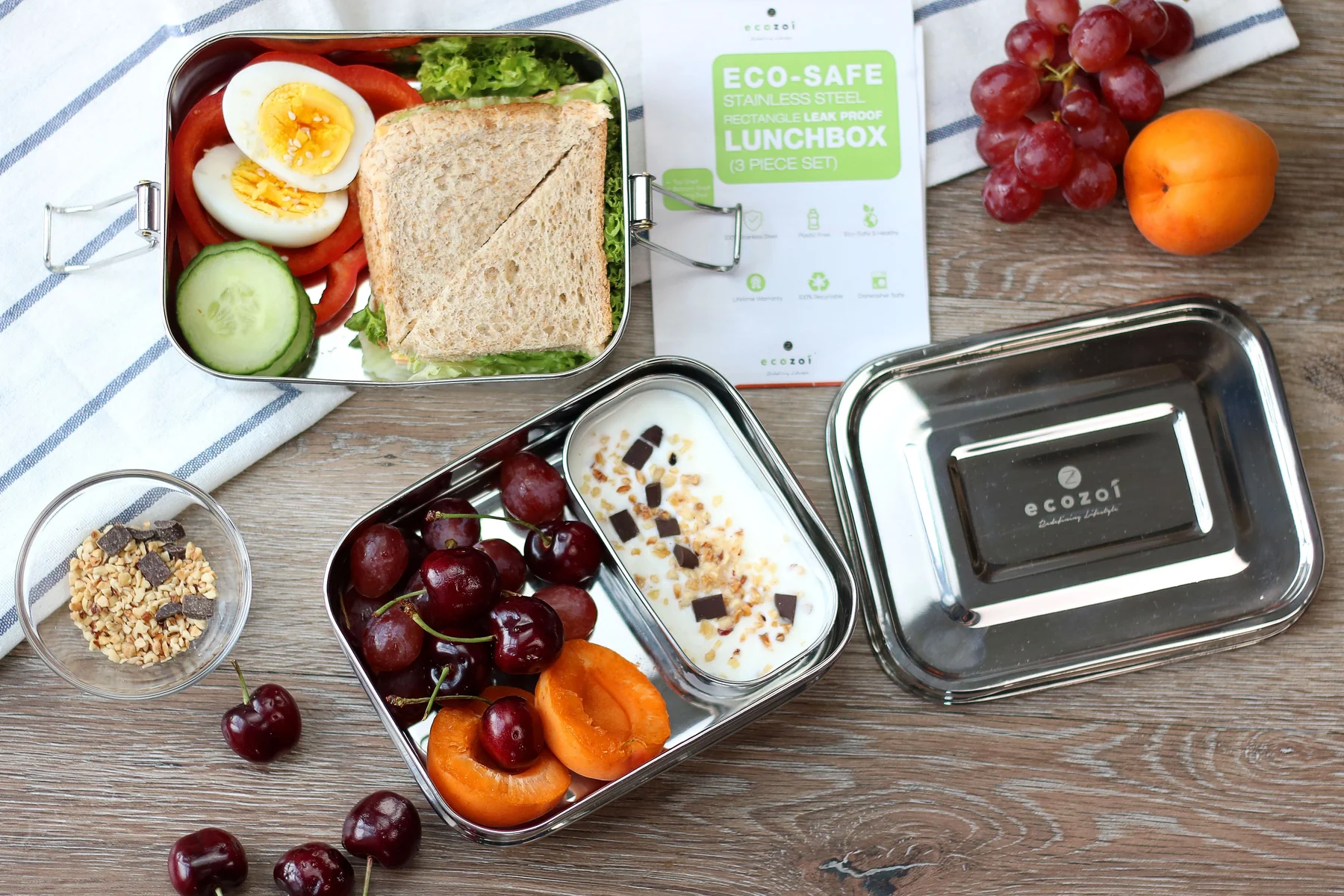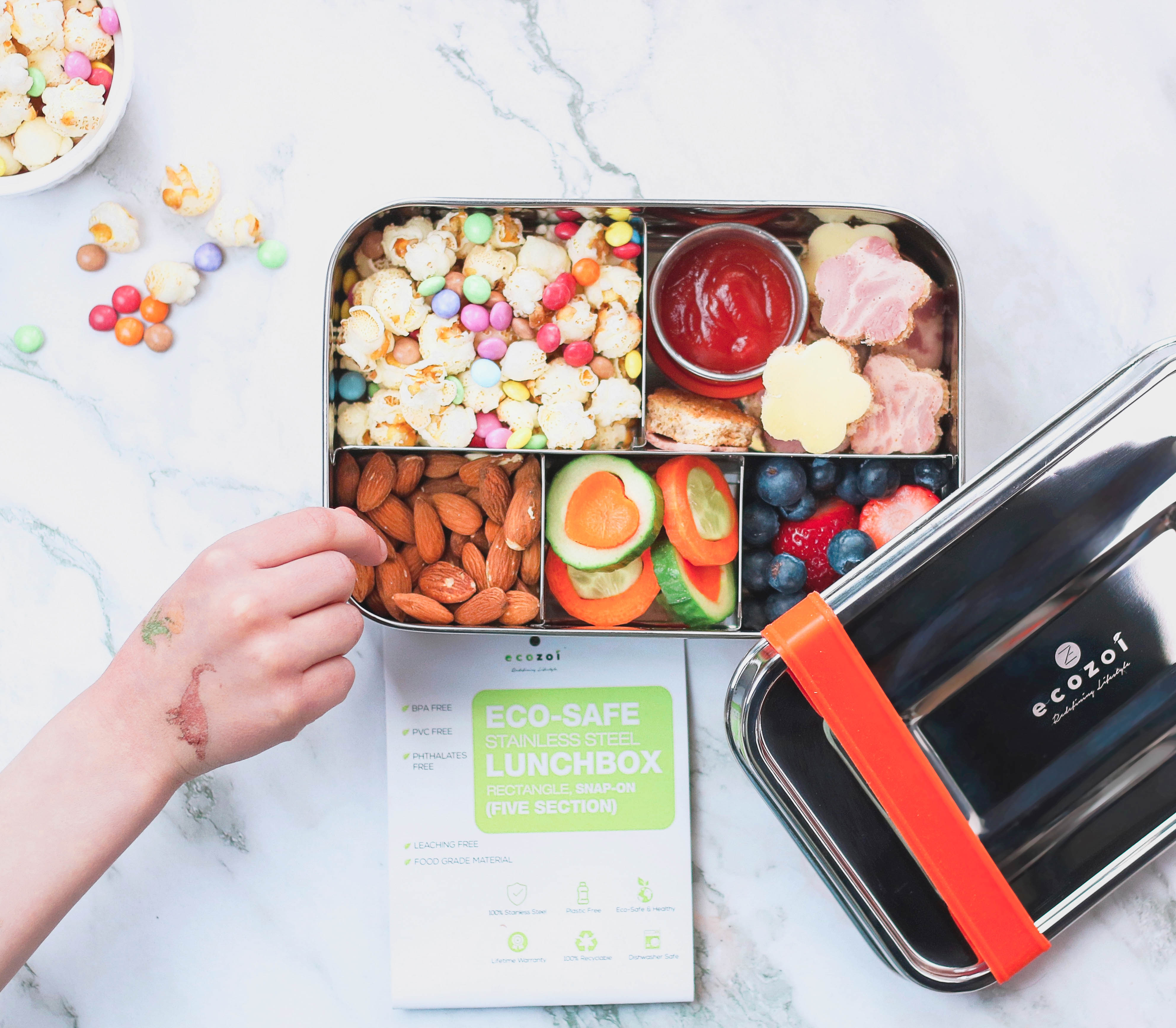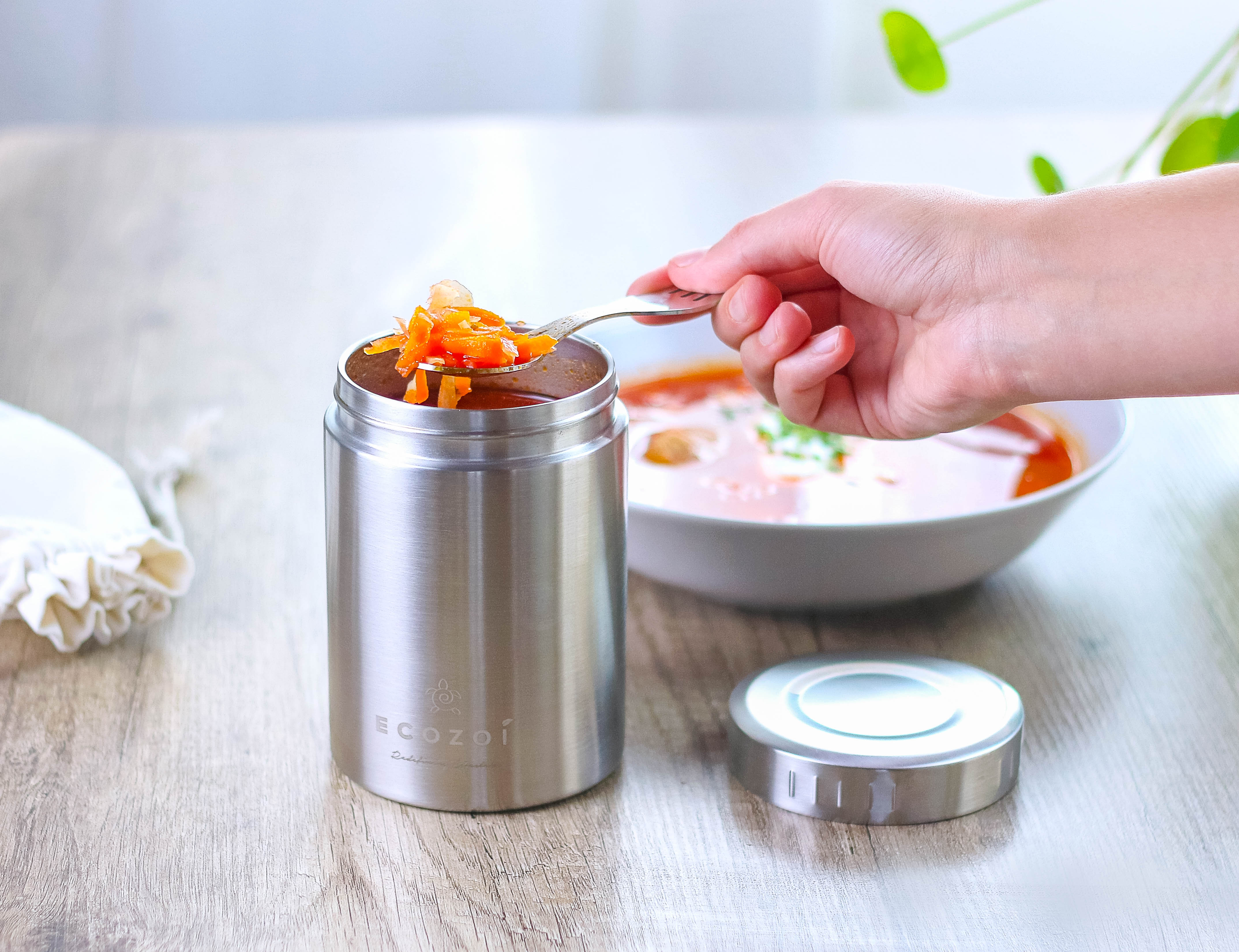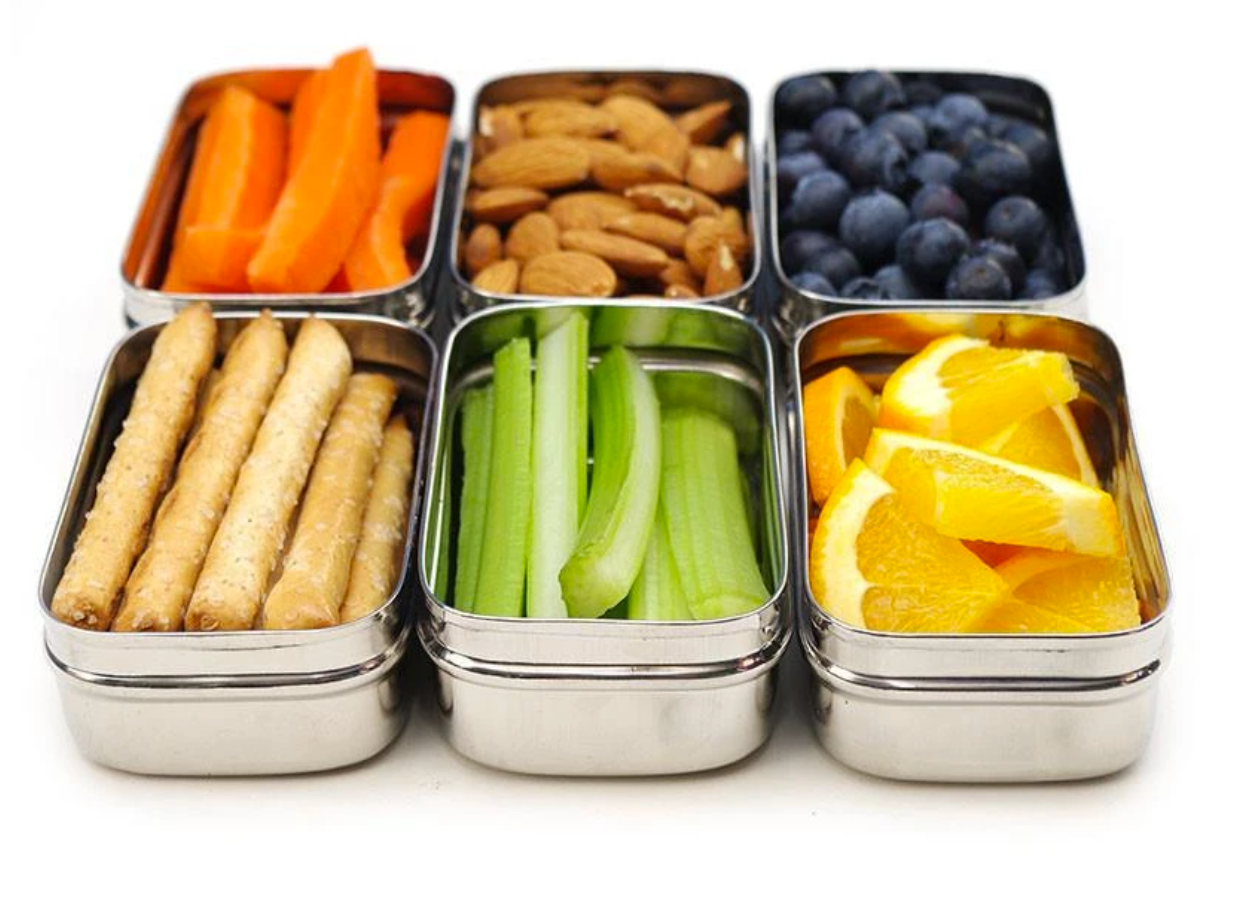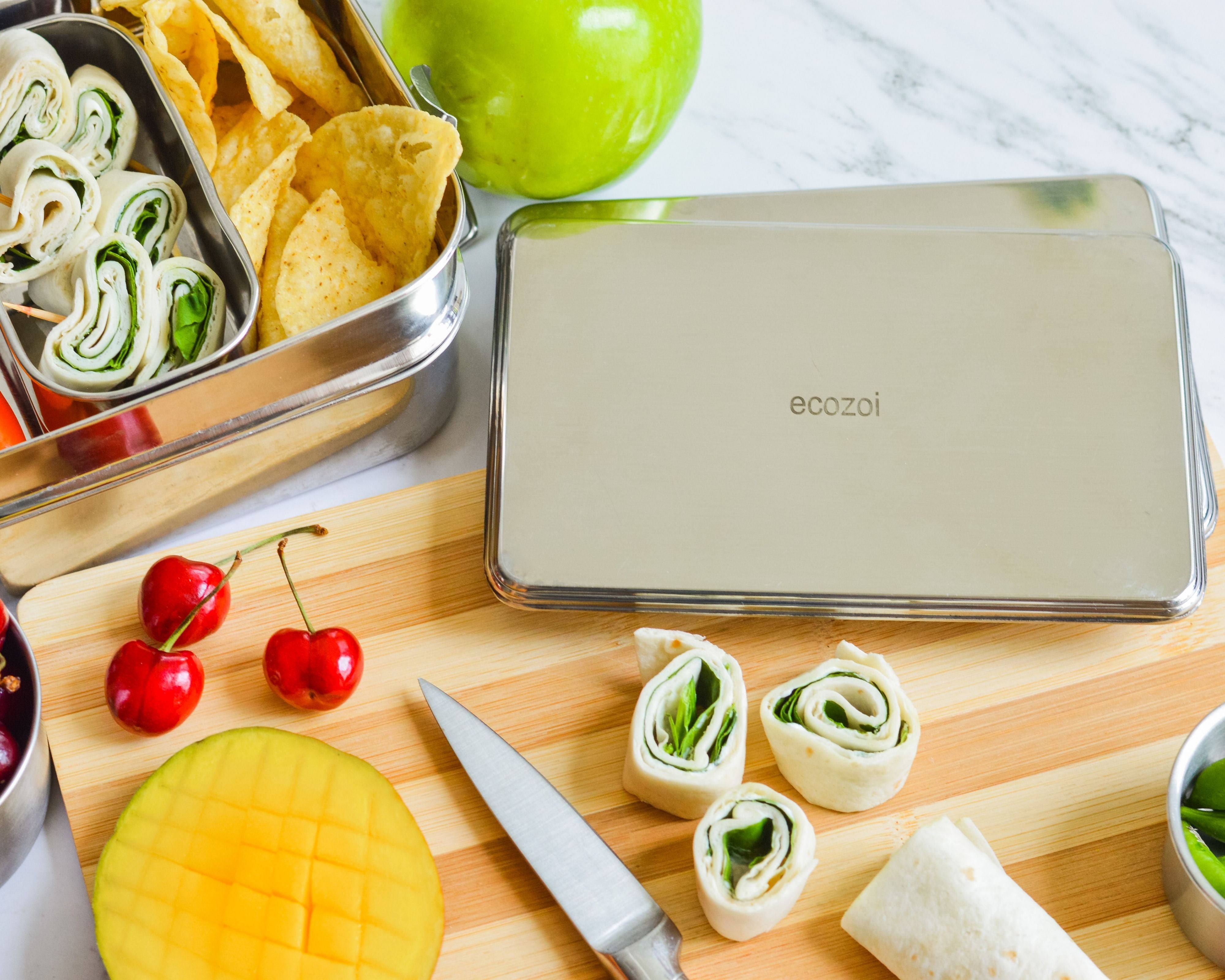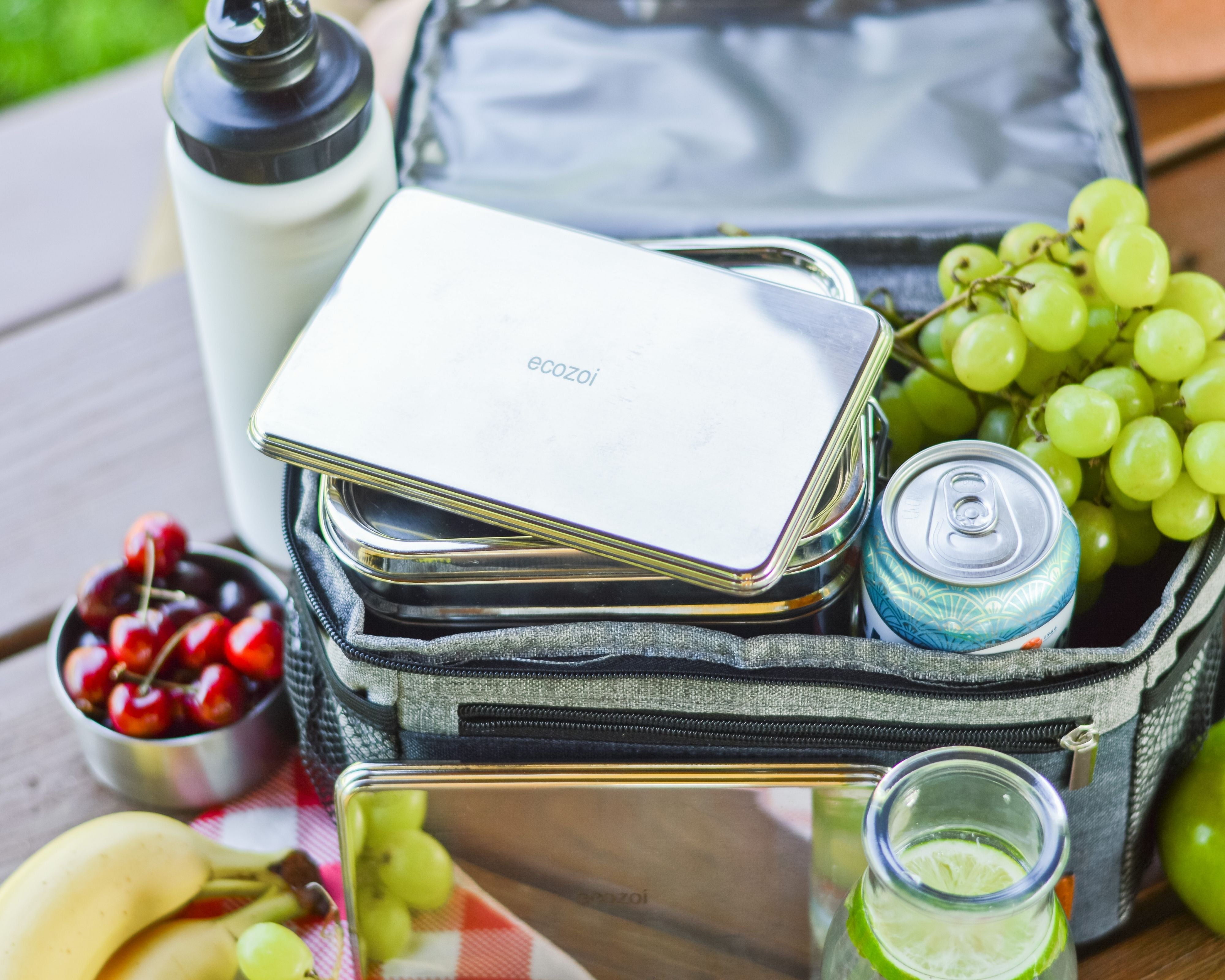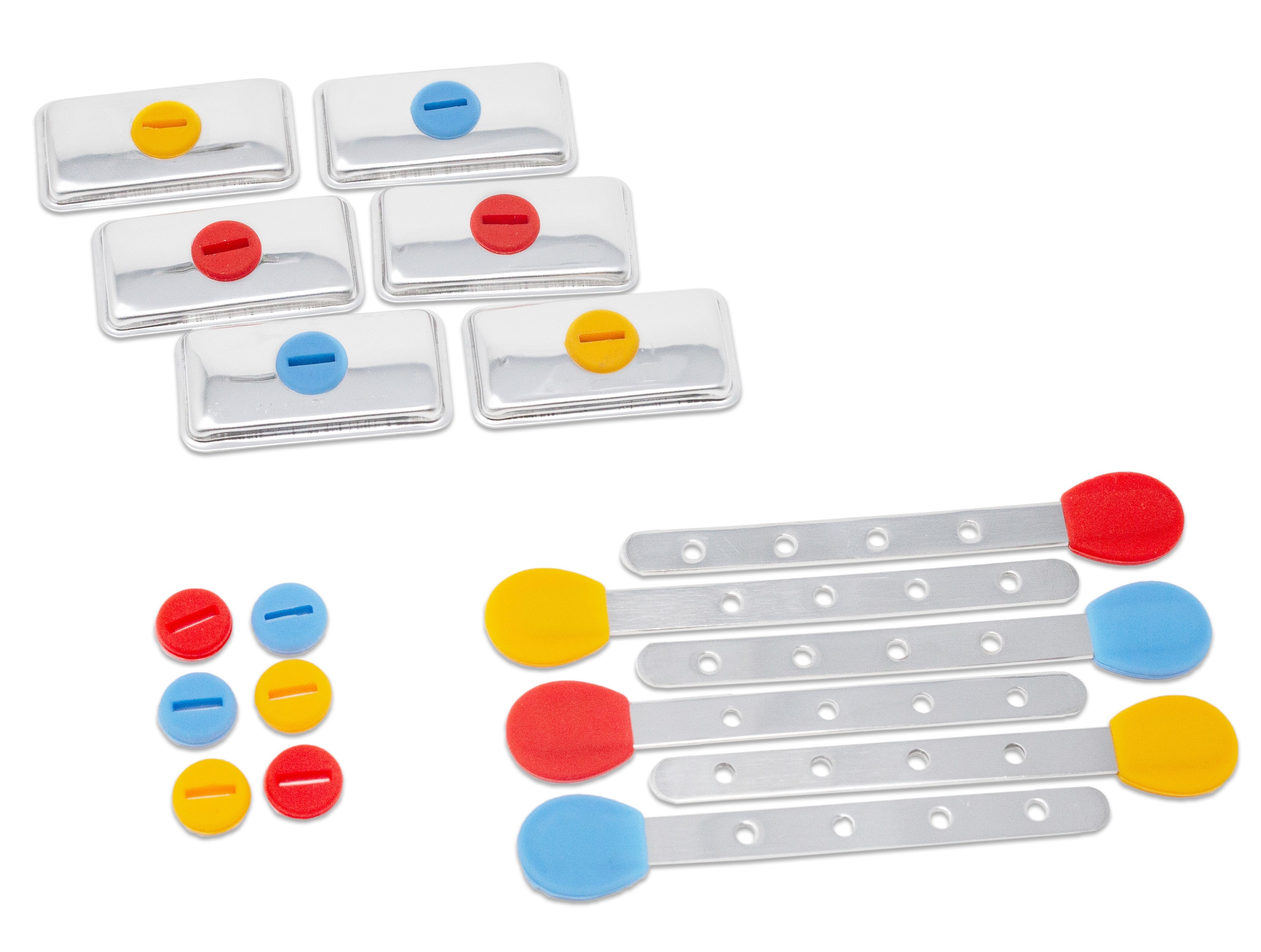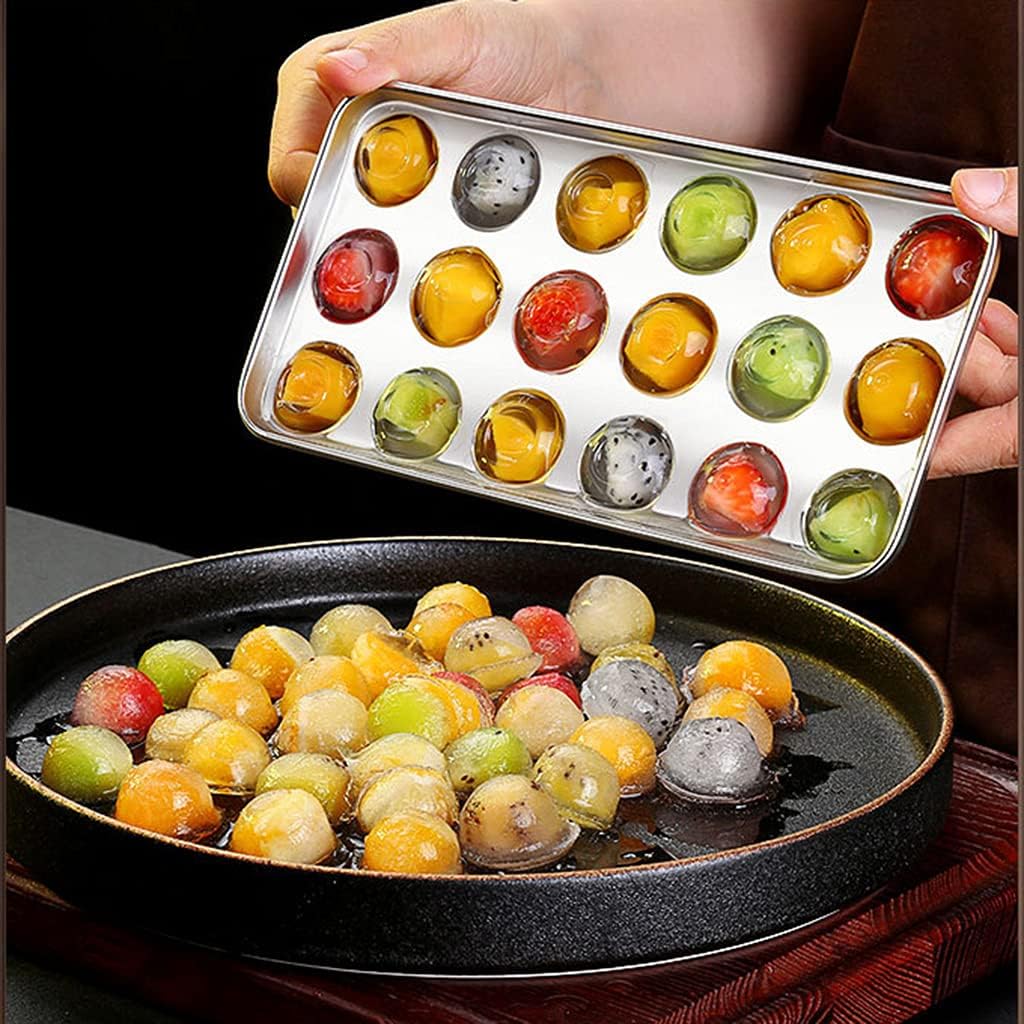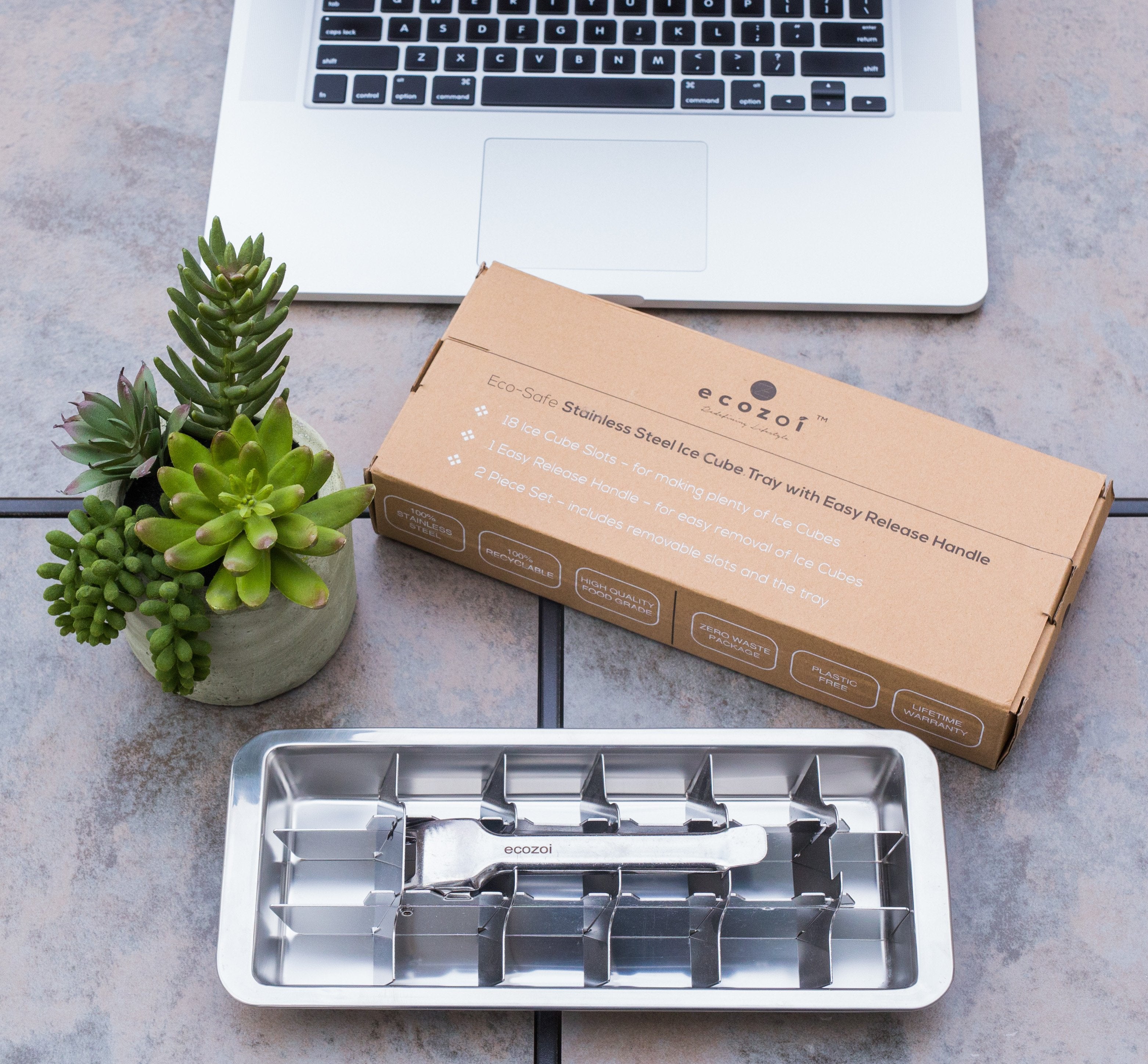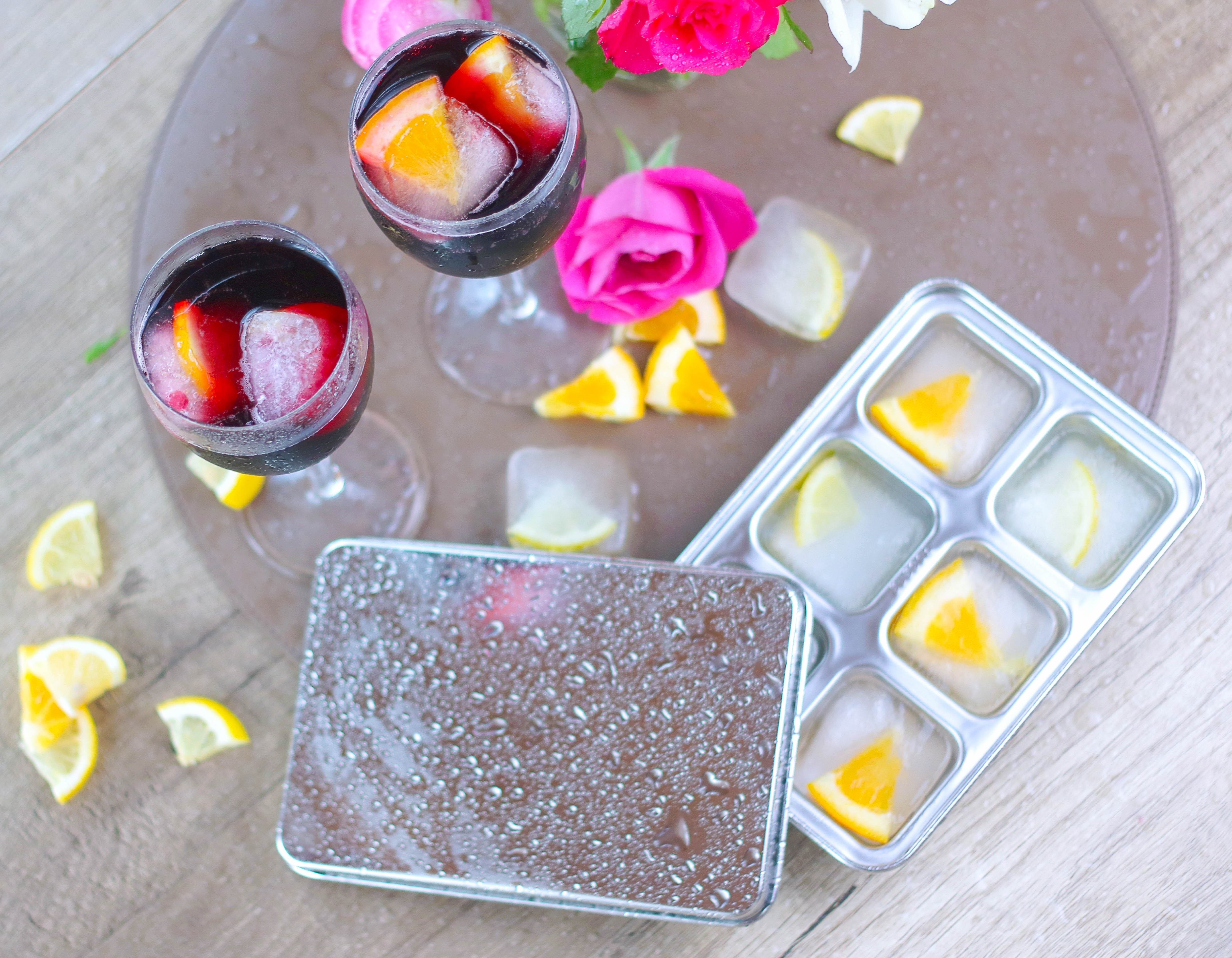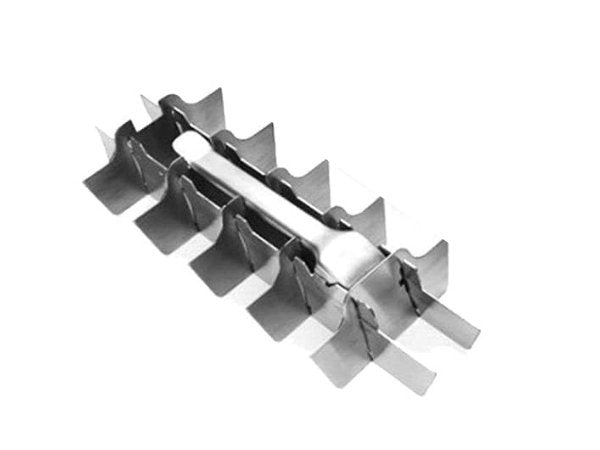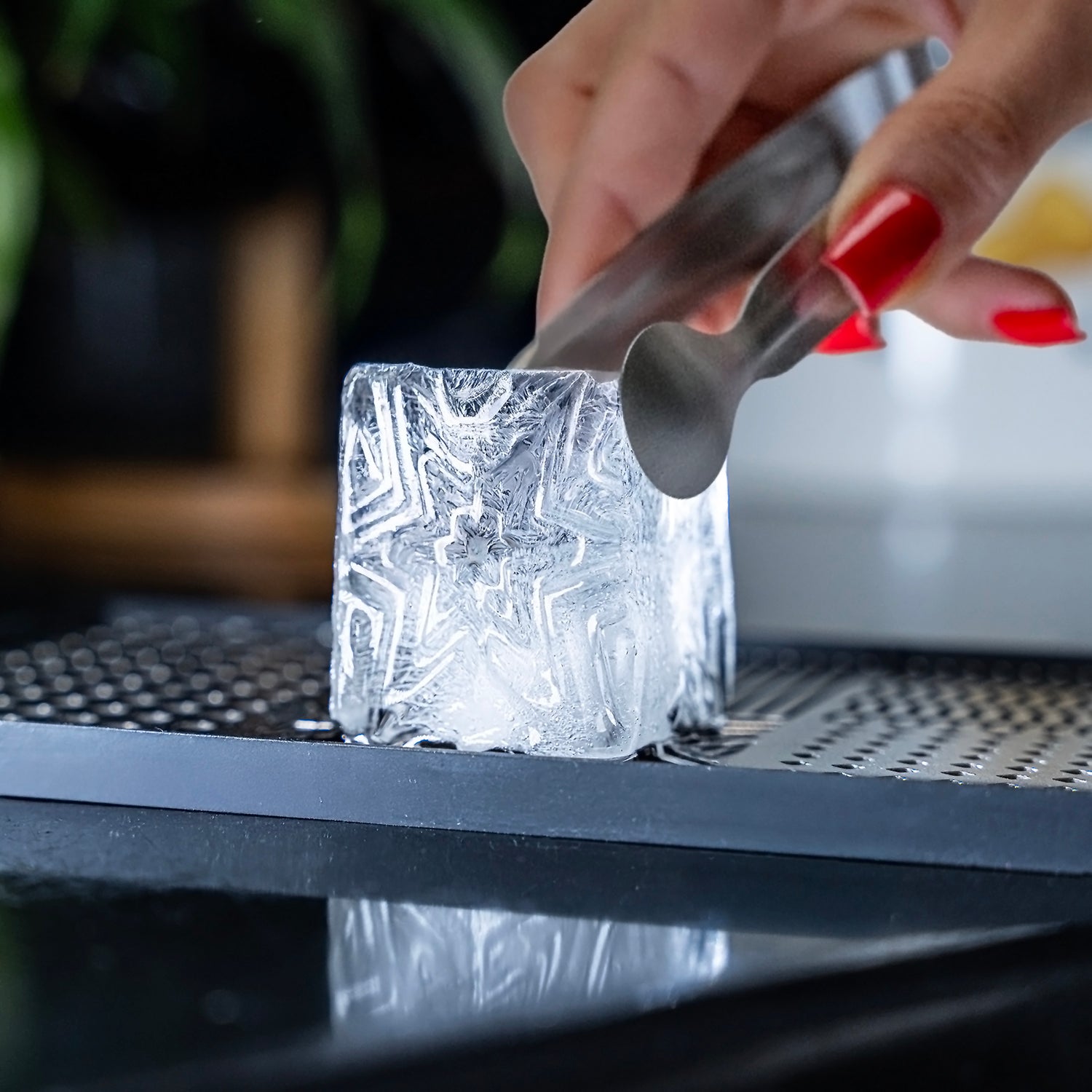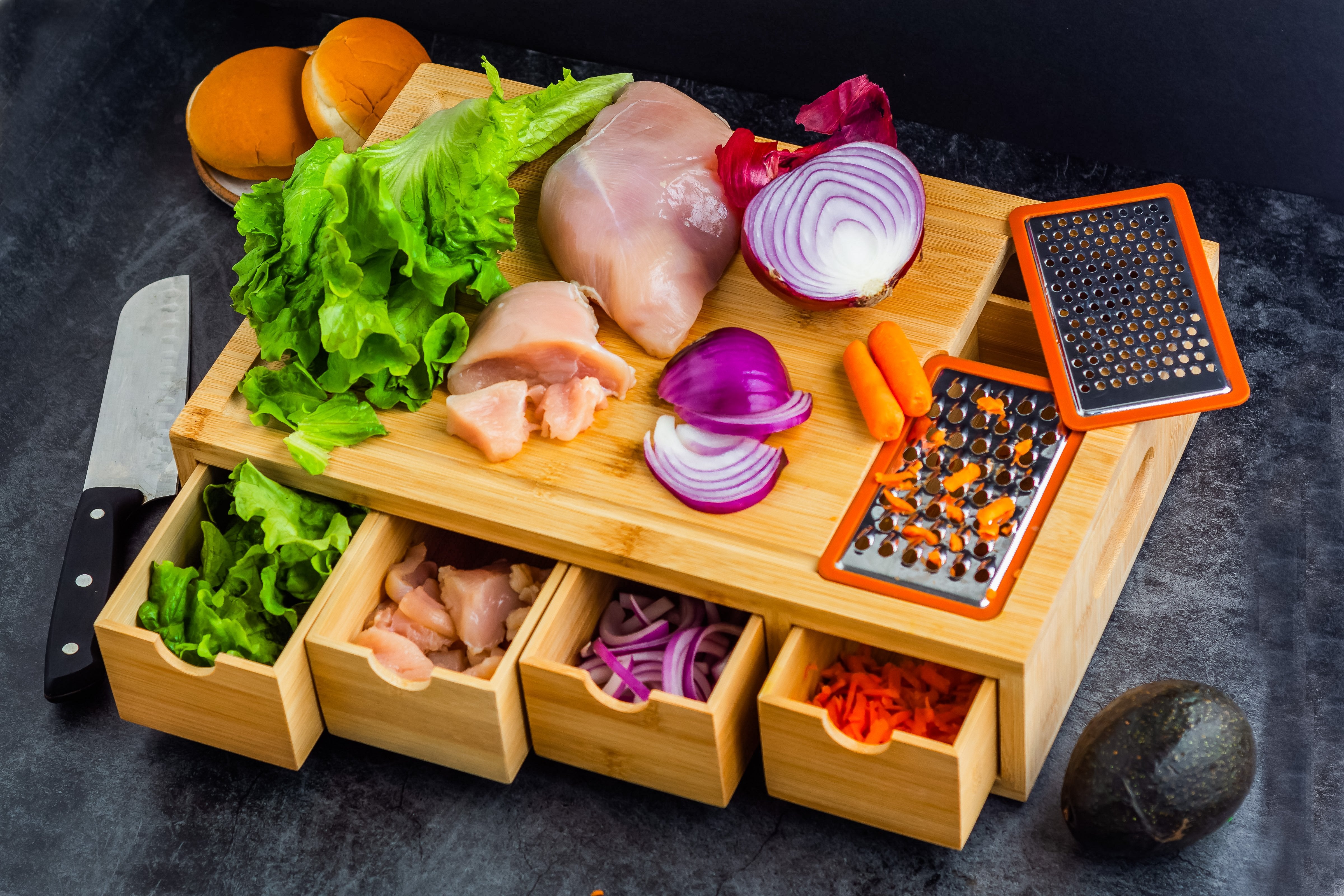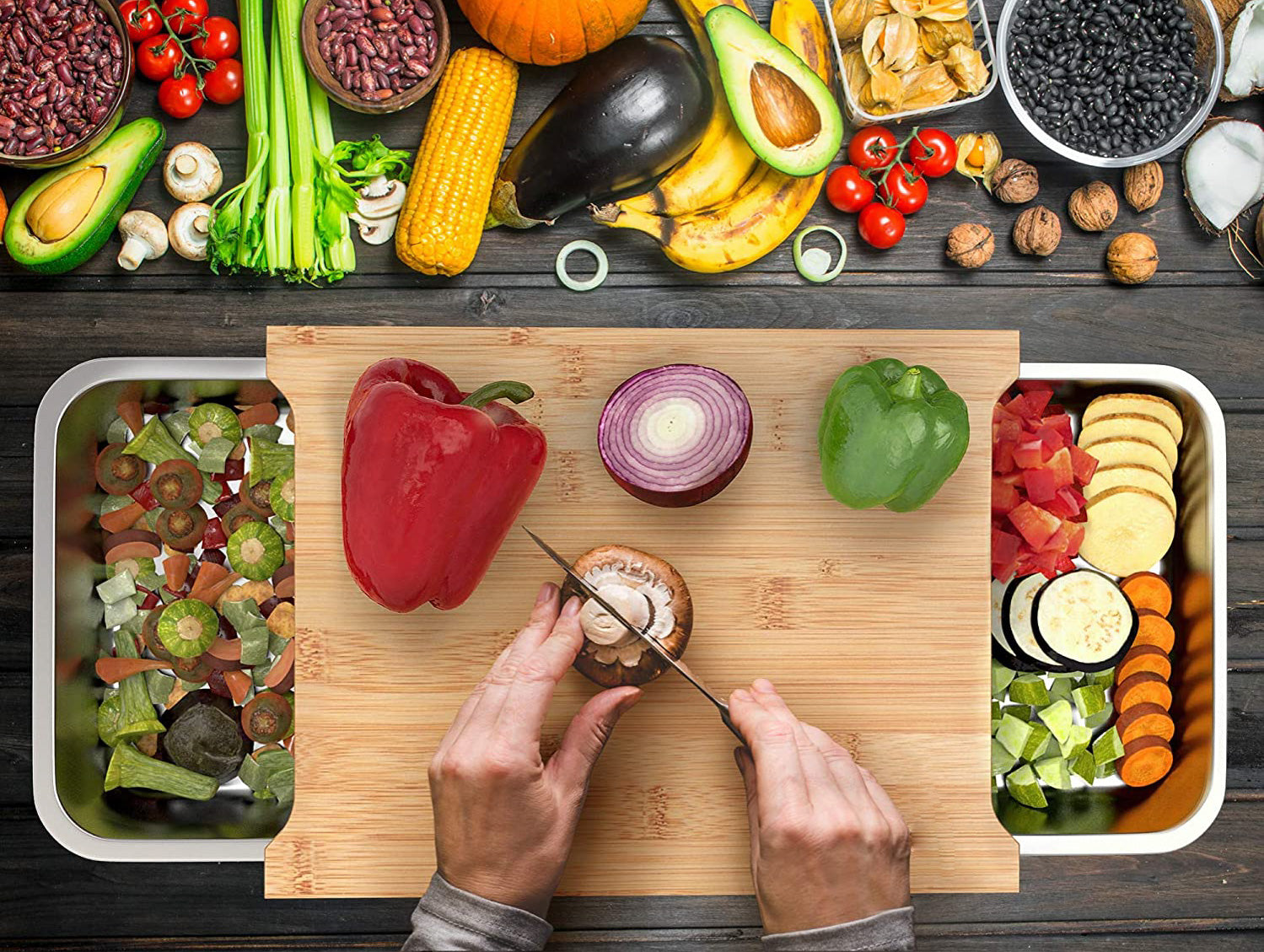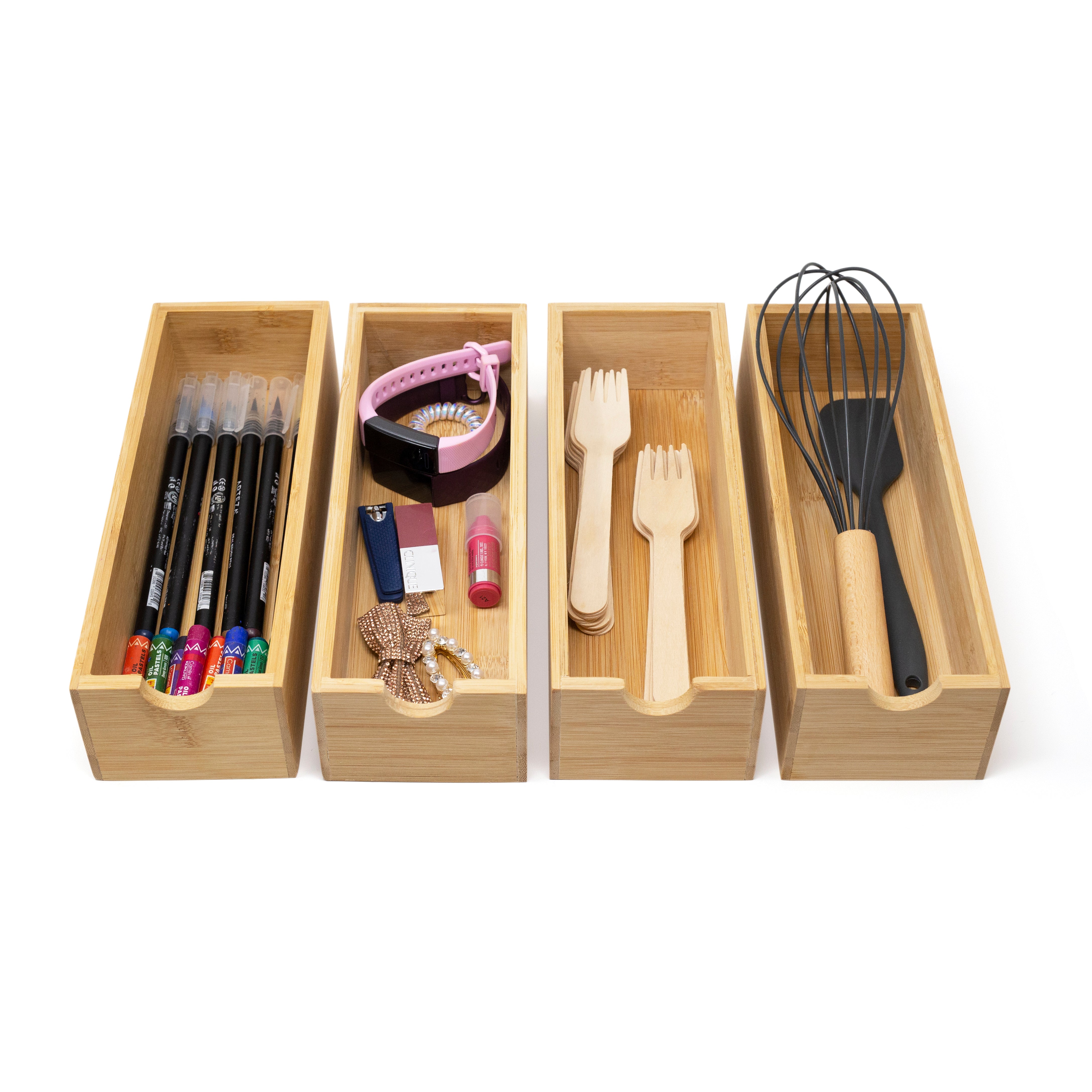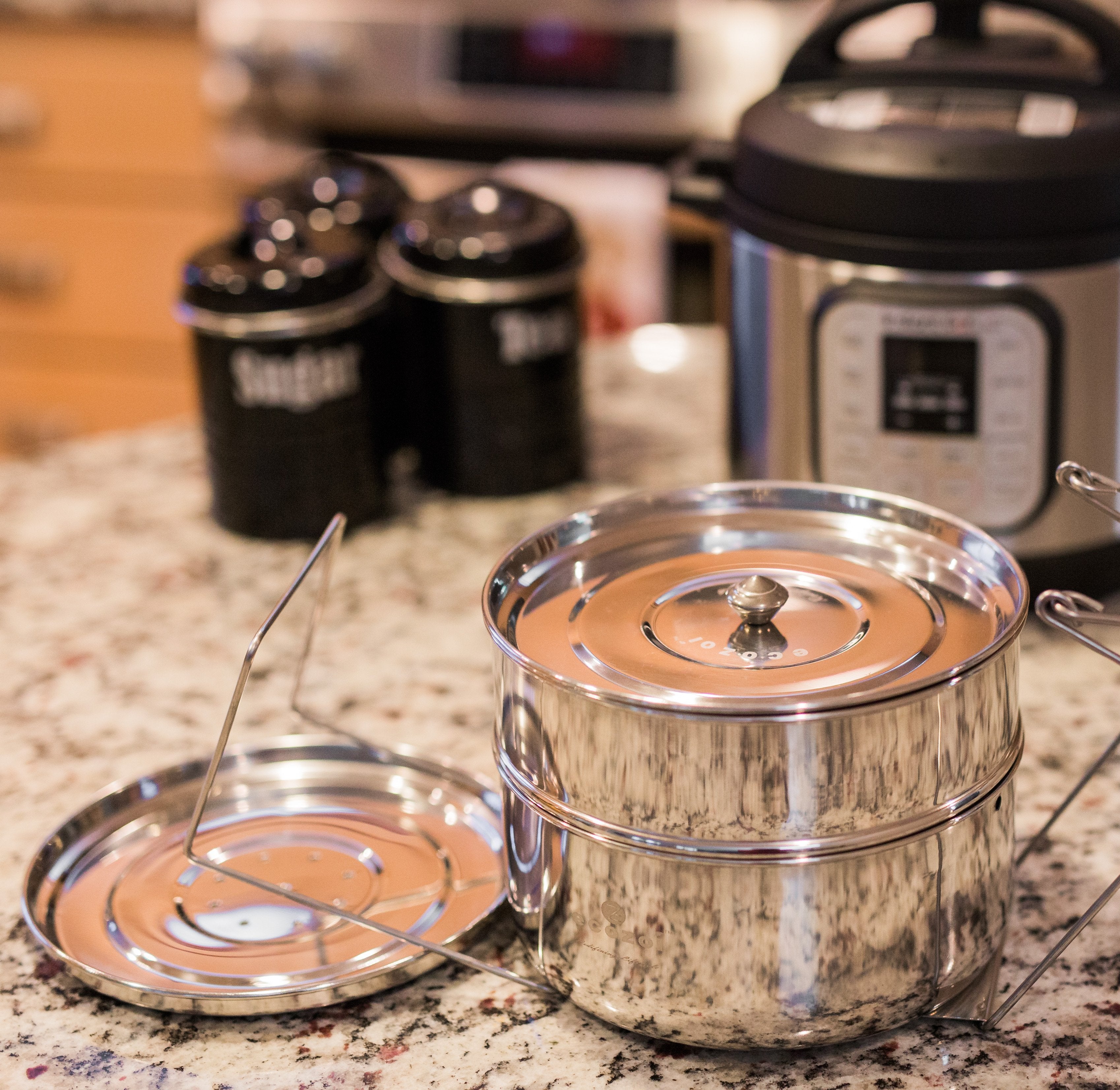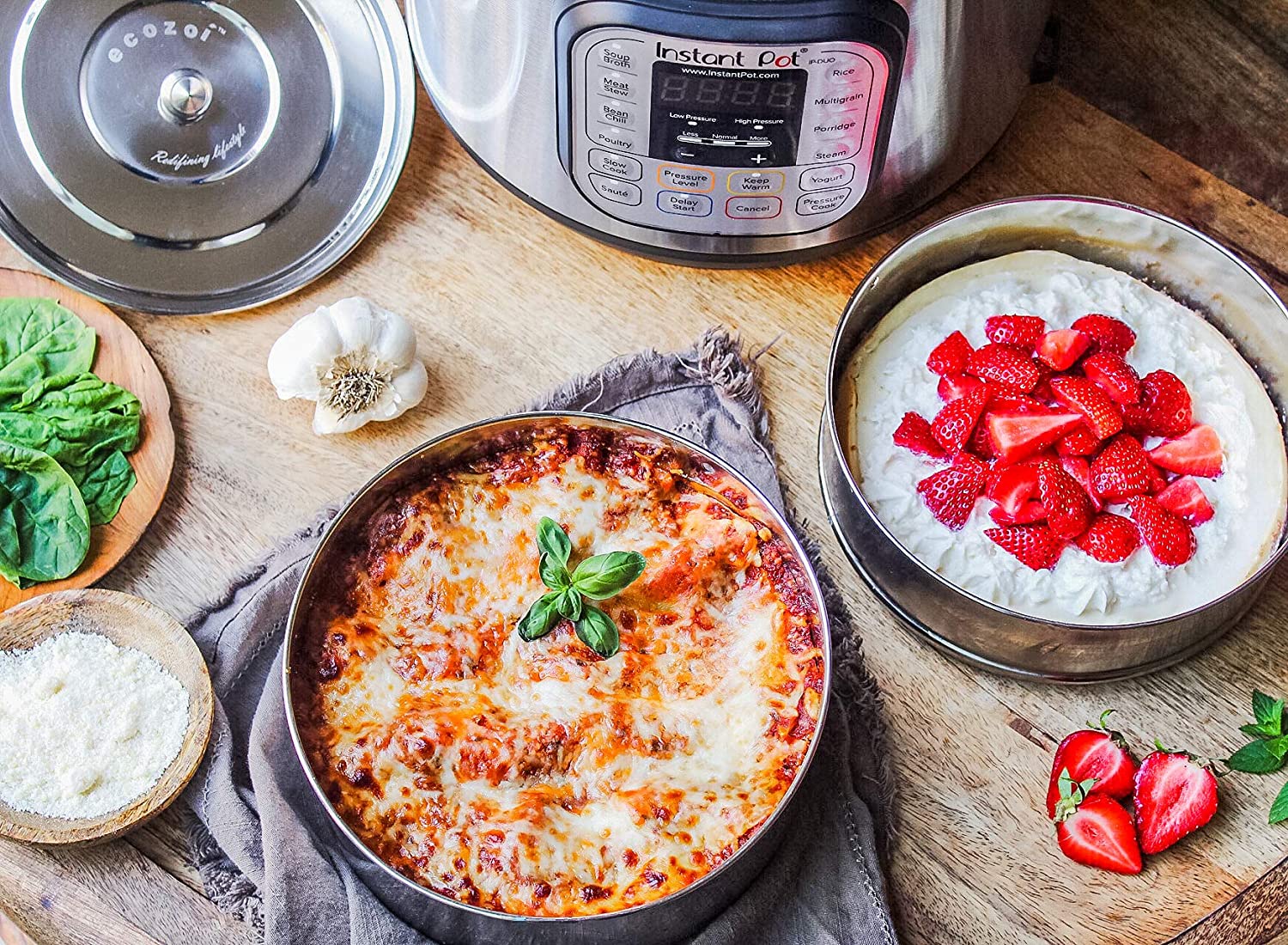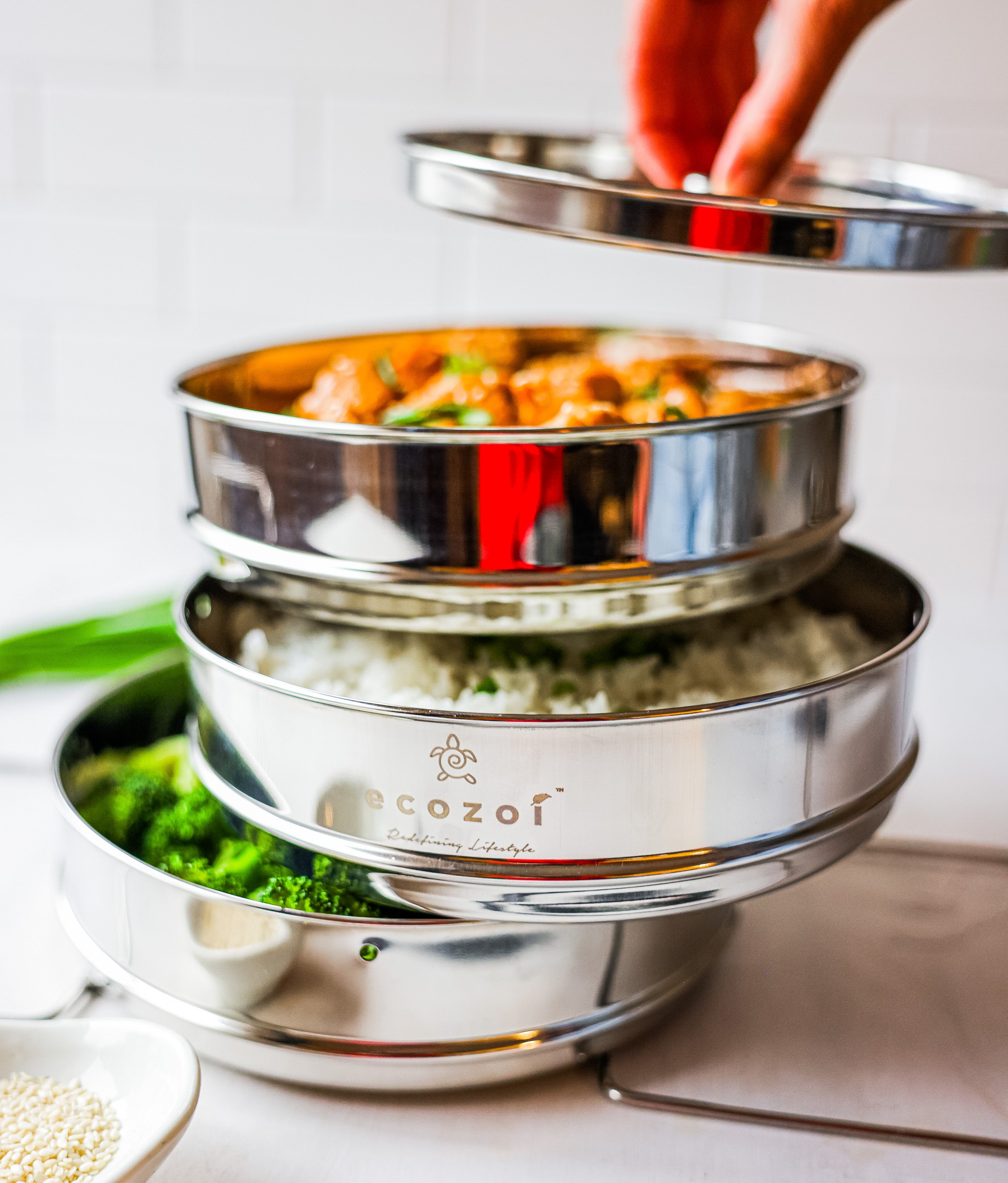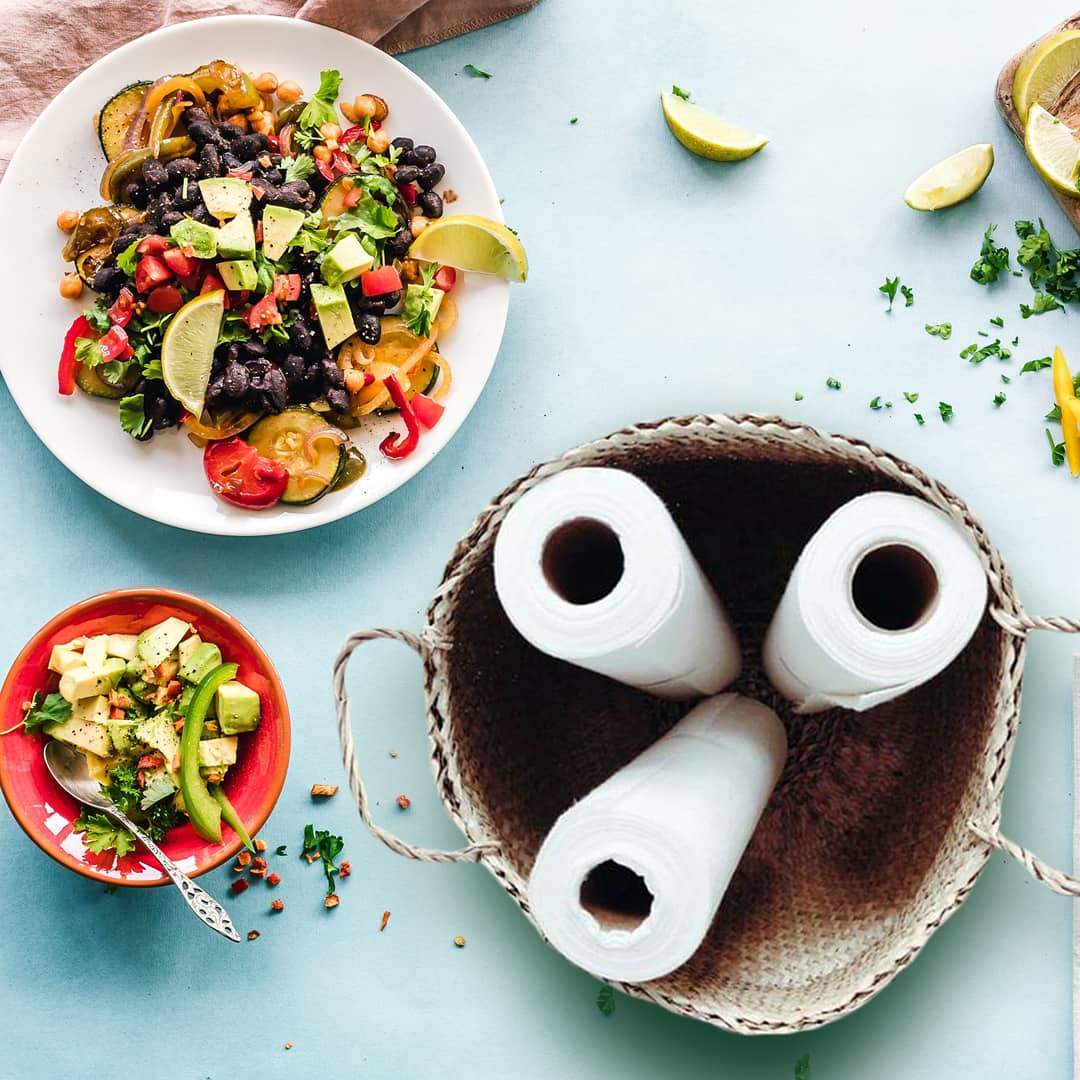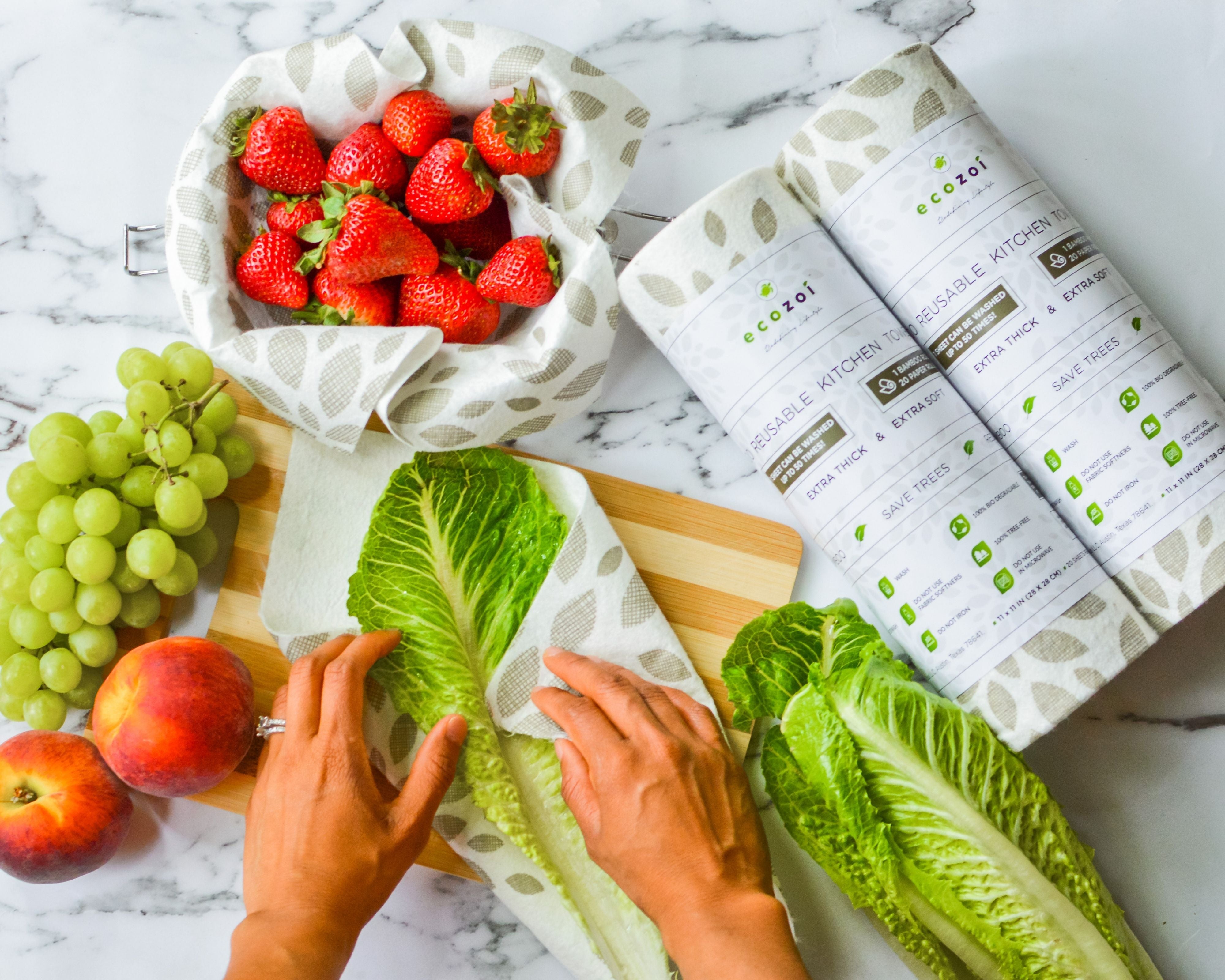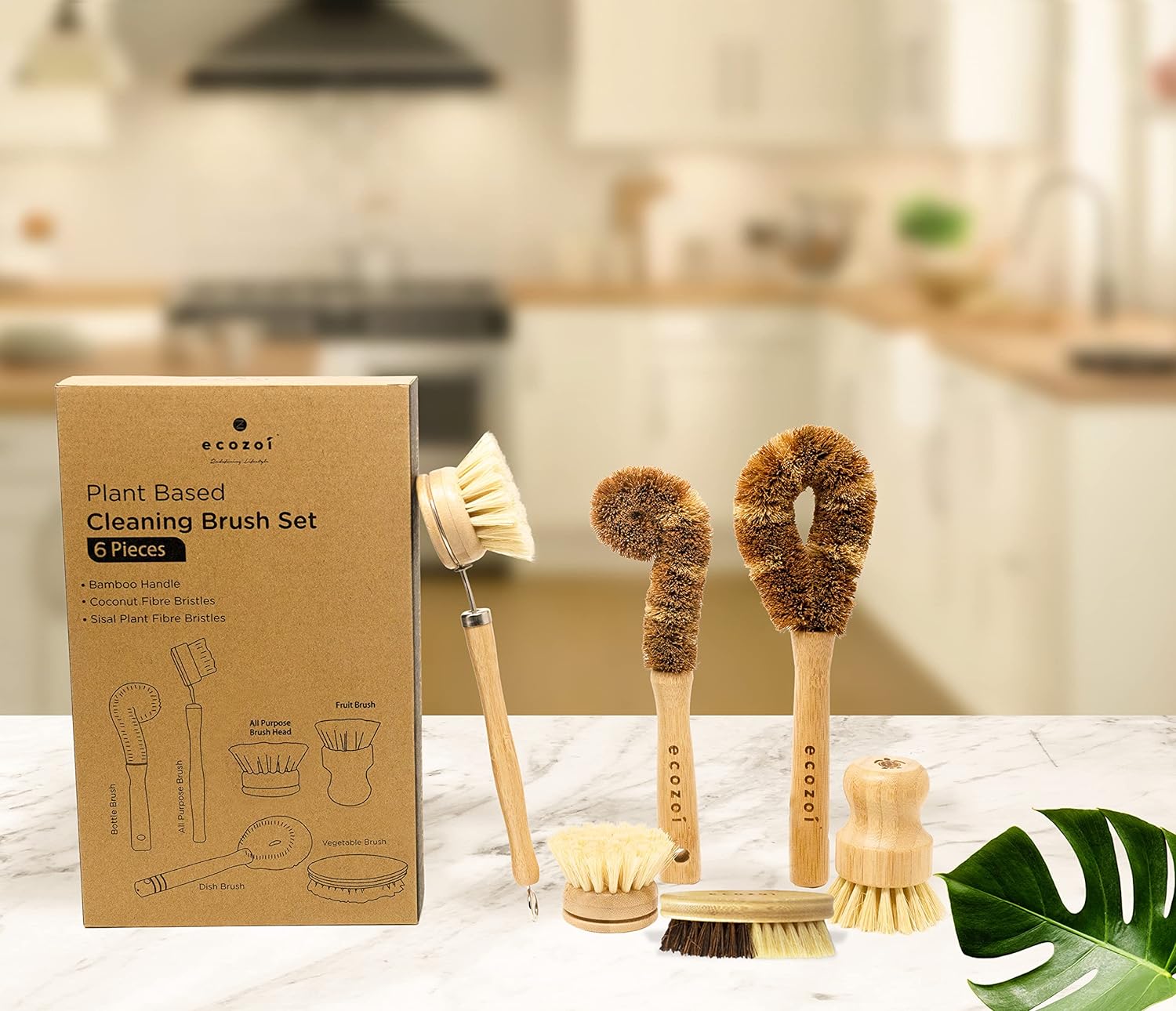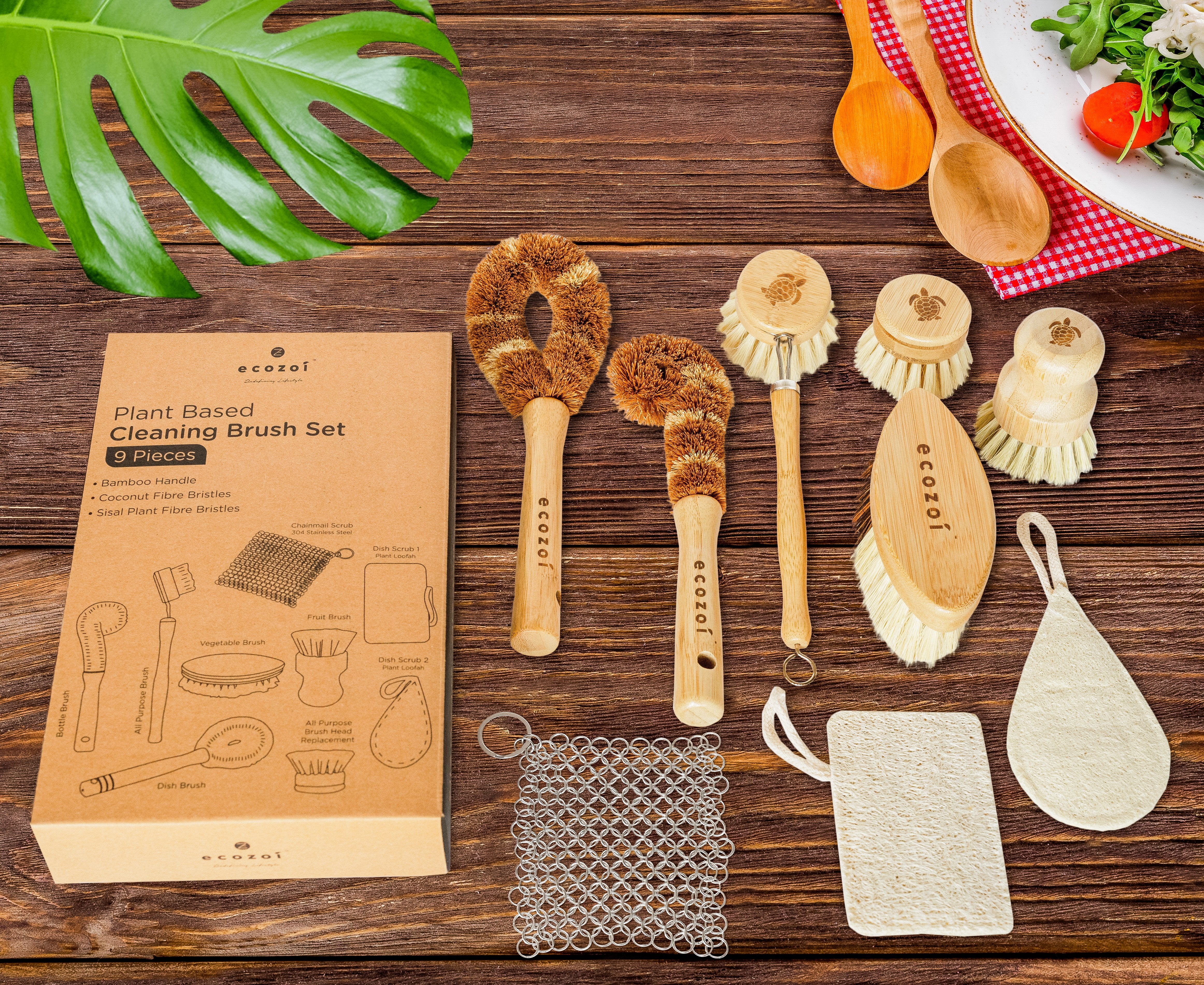How To Make Your Kitchen More Eco-Friendly
Do you want to make your home more environmentally friendly? Then an excellent place to start with a green home renovation is in the kitchen. Sure, it should all start with your food choices, but that is not all you can change. Almost all your kitchen habits have an impact on the environment. In reality, your kitchen is the biggest energy consumer after lighting and the HVAC system and the biggest waste producer in your entire home. Therefore, if you want to reduce your carbon footprint drastically, your kitchen is the place to start. But what can you do, you ask? We have the answers right here. This article shows you how to make your kitchen more eco-friendly in a few simple steps.
Step 1: Change your shopping habits
As mentioned before, transforming your kitchen into a more sustainable one begins with the food that you buy. So instead of purchasing individually plastic-wrapped products, for example, opt for whole goods in bulk. Buy less meat and highly processed foods. These products have a significant negative impact on the environment. Also, try to buy seasonal products instead of imported or greenhouse-grown ones. In addition, you can stop buying plastic bags and opt for reusable cotton grocery bags. These are just small changes, but they can make a big difference.

Step 2: Update your cookware
Another great and easy way to make your kitchen more environmentally-friendly is to change your cookware. The more items you have that can last, the better it is for the environment. For instance, instead of Teflon pans that can get damaged easily, opt for stainless steel or cast iron. They can stand the test of time, are easy to clean, and can help cook faster. Keep their lids on hand as well. Cooking without a lid takes longer and consumes more energy. For cooking utensils, avoid those made out of plastic and opt for the ones made of recycled materials. Silicone, bamboo, or wood can be much better, long-lasting, and healthier choices. For instance, a bamboo cutting board can last you a lifetime if you use it and clean it the right way.
Step 3: Declutter your kitchen
An organized kitchen is always more efficient than an overcrowded one. And this can also help you save on energy, gas, and light consumption. Having everything in its proper position can save you time while preparing the ingredients and cookware for cooking. Not to mention that having everything well-organized will help you keep your kitchen clean. Therefore, look into all the cabinets, drawers, and shelves and remove unnecessary items. Also, reorganize your fridge to have more space for storing and defrost it if needed. Get rid of all the leftovers that no one will touch and all the expired food. Furthermore, you can store any cookware doubles that you never use in a storage facility. The same goes for any unnecessary items that you find.
However, ensure that you don't store non-storable items that you can't keep in a unit, such as food or chemical cleaning products. Food can spoil while stored, and some cleaning products might cause complications in the event of a fire.

Step 4: Cook energy efficiently
To make your kitchen more eco-friendly, change the way you cook. Just having the right products and cookware and an organized kitchen doesn’t do. Therefore, here is how you can cook eco-friendly:
- Stop preheating the oven. It just uses energy and doesn’t help you save cooking time.
- Heat or cook small meals in the microwave or toaster oven. It's faster and more energy-efficient.
- Heat and cook only as much food as you need. If you have leftovers, you will need to reheat them again, thus using more energy.
- Use lids on your pans and pots. Food will cook faster this way.
- When using the oven, turn it off a few minutes before the food is ready. It will stay hot for a bit longer, continuing to cook your meal.
- Don’t open the oven door while you are cooking in it. It will result in more energy use because of the temperature changes.
- Make use of a pressure cooker or a crockpot. Cook great dishes in them while using minimal energy.
- Cook from scratch, in bulk, and eat raw as much as possible. Also, try to buy local products whenever you can.
Step 5: Invest in an energy-efficient dishwasher.
Water is the most wasted resource in our kitchens, particularly during dishwashing. Therefore, a great way to make your kitchen more eco-friendly is to invest in an energy-efficient dishwasher. Such a dishwasher can help you save almost 4.000 gallons of water and lower your energy bills. Also, these dishwashers have multiple washing cycles that you can choose from based on the amounts of dishes you need to wash. These dishwashers, however, can be rather heavy and difficult to transport. So if you ever need to relocate from one place to another, don't move by yourself, as the experts from manhattanmoversnyc.com advise. Instead, hire a moving company to assist you in avoiding incidents that might result in injury.


